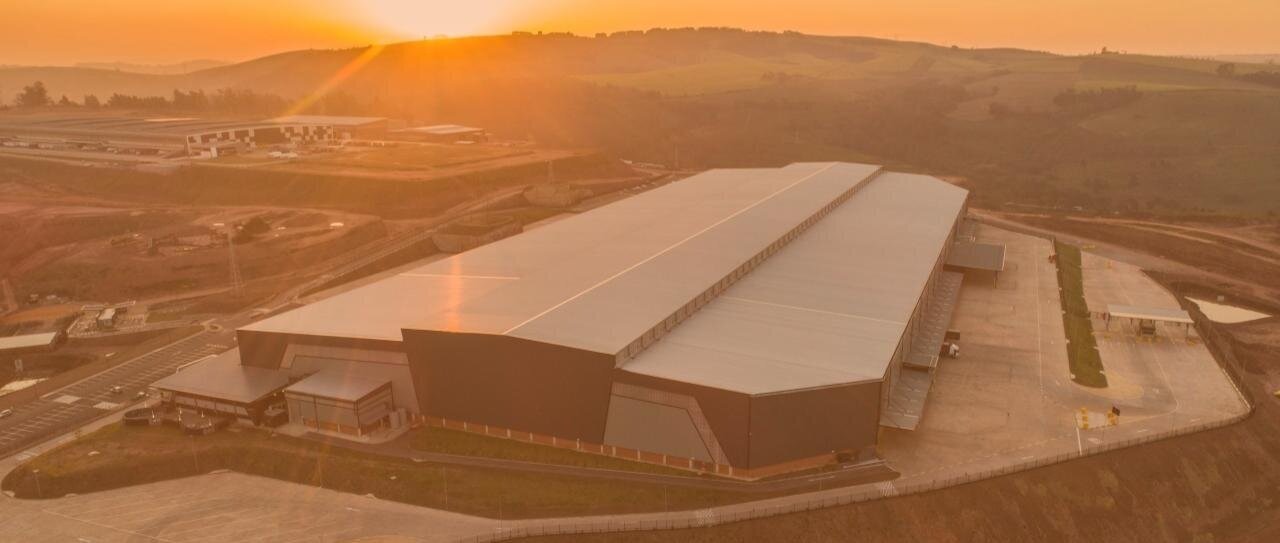
Hammarsdale Cato Ridge Development Trust (HCRDT)
Why the need for a Trust
There is need and opportunity to be better at supporting the local Outer West community (and be better at communicating this support).
Despite significant employment and value generation by business, many community members remain locked out of the formal economy.
Together, businesses can secure a better return from; and be more effective with CSI/B-BBEE spend and improving community relationships.
Many independent, often small scale Corporate Social Investment (CSI)/Broad-Based Black Economic Empowerment (B-BBEE) projects
Projects unlikely receives sufficient management attention to secure value
Cumulatively significant spend but low community awareness of business’s positive impacts
Little alignment of CSI/B-BBEE activities by firms that face similar Scorecard and community challenges
The HCRDT aims to support firms collaborate and deliver development projects that support commercially sustainable relationships between established businesses and the community.
Focus of the HCRDT
Strengthen relationships between Outer West business and residential communities through significant, demand driven development projects
Informed by donor businesses’ needs
Develop skills needed by work seekers
Develop capacity and capability needed by small businesses
Support high potential students
HCRDT Overview
The HCRDT is industry led and managed so is focused on delivering maximum impact for the donor and beneficiary, while ensuring compliance and recognition for spend.
Oversight by six Trustees
Significant and demand driven
Significant: The HCRDT aims to do fewer but larger projects, pooling firms spend and complementary products, services and skills to achieve scale and amortise costs.
Demand driven: Development projects must relate to an in-demand skill, capacity or capability. They must support beneficiaries to generate meaningful livelihoods. The 250+ established businesses in the Outer West region are a major market for skills and SMME services and development projects will address their commercial needs.
Trust deed allows for B-BBEE contributions
Skills Development
Enterprise and Supplier Development
Socio-Economic Development
Competitive application process
Best candidates/beneficiaries
Most impact with limited resources
Transparent and fair
Communication of activities and impact
Staff
Social Media
Traditional Media
Community leadership
HCRDT Operations for donor
Recognising that B-BBEEE/CSI are not core, the HCRDT aims to make it easy as possible to manage (at least three of the five pillars of the B-BBEE scorecard).
Contact the HCRDT to discuss supporting its activities (thereby addressing your skills and supply challenges and improving community relationship ) - info@hcrda.org | 087 147 2531
Indicative Trust projects
Case study
Merlog Foods wanted to support their local community with a significant intervention, relevant to both beneficiaries and their own operations.
Aligned with operations, Merlog Foods sponsored
30 learners to attend week-long training
R405 000 in grant funding to accelerate SMMEs growth
Second local donor, Dynamic Automation complemented Merlog Foods’ funding with +/- R 70 000 equipment donation
Social Media to drive applications
R20 000 budget
460 000 reach
8 300 ‘likes’
100% positive comments
Competitive application process
Training applications 343 -
Shortlisted to 30 trainees
Funding applications 155 -
Shortlisted to 15 beneficiaries
Key Points
Potential suppliers/customers supported
Positive community sentiment developed
Enhanced impact for donors and beneficiaries
Training conducted at KZN Poultry Institute
Trainees are involved in all facets of the poultry production process and gain relatable best practices to take back to their own small enterprises. The competitive application process (and small co-payment by trainees) meant that we had a highly engaged group who all passed the written examination.
27 applicants went onto develop mini business plans which were presented to a Dragon’s Den. All were supported with grants of R10 000, R15 000 or R25 000 to accelerate their small business growth. The majority of beneficiaries have successfully grown their businesses since the award and are regularly contacted to report back on their progress.
The 27 grant funding winners - R 405 000
















